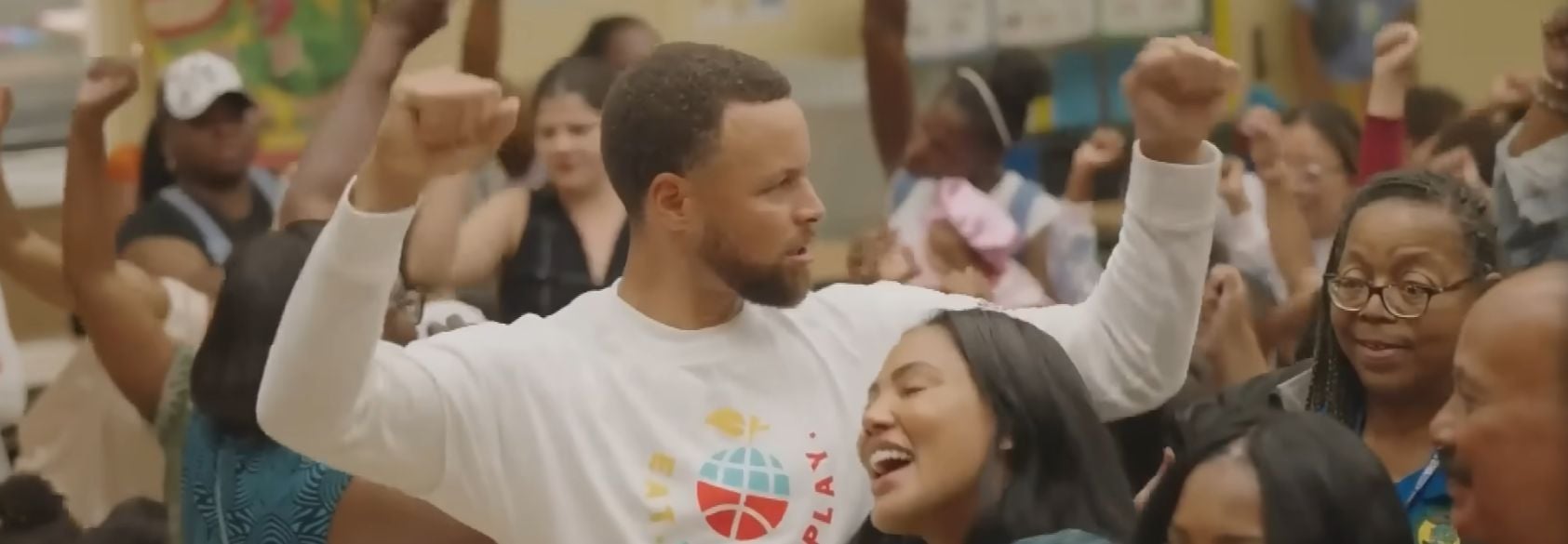Mrs. Obama and Sesame Street Partner to Curb Cookie Monsters
Henry Hepburn It’s an age-old problem: how to get children to eat their vegetables. Now, First Lady Michelle Obama has come up with a plan. Elmo, Big Bird and their Sesame Street pals, she announced this week, are going to market fruits and vegetables to kids.











